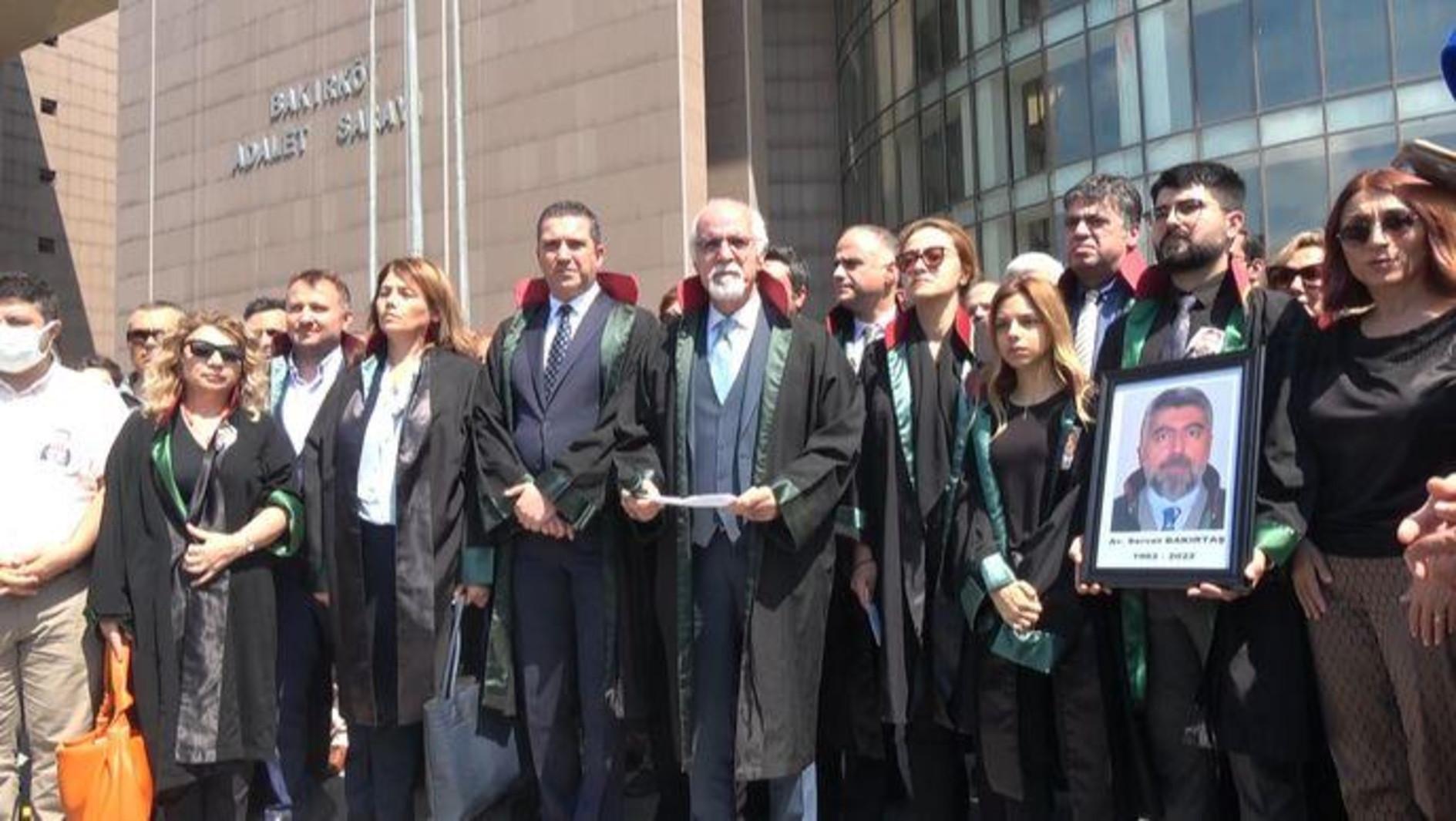Türkiye’s malls struggling under heavy debt
Şenay Büyükköşdere-ISTANBUL

Despite booming retail sales, many of Türkiye’s shopping centers are struggling under heavy debt, according to Nuri Şapkacı, the president of the Council of Shopping Centers (AYD).
“Some 60 to 70 percent of the 445 shopping malls in the country have already been taken over by banks, while the remaining ones are struggling to survive,” Şapkacı said.
The first shopping centers in Türkiye opened in the late 90s and mushroomed fast across the country in the next few years.
Since they offered a lucrative outlet for investors at that time, a new mall opened doors to shoppers almost every day.
Lured by consumers’ strong interest in shopping at malls, investors sometimes made poor decisions, such as launching two or three shopping centers on the same street.
Back then, the shopping mall was king, Şapkacı recalled. “But those days are long gone. Profits are falling. They cannot repay their debts held in foreign currency."
“A shopping center may be bustling with shoppers. But if it has a debt of around 40 million euros or more, I can say it is definitely making a loss. Those that cleared their debt could be making a profit. However, most of the shopping malls are in the red.”
There are no potential buyers for the shopping malls seized by banks, Şapkacı added.
“The intriguing part of the story is that shopping malls are too busy these days as they were never before.”
Foot traffic is some 5 to 10 percent higher compared with 2019, with retailers’ turnovers breaking records.
However, he said that the turning point was when lease contracts were forced to change. Shopping malls had collected rents from retailers in foreign currencies, but after a new arrangement was introduced, tenants started to pay their rents in Turkish Liras, Şapkacı explained. “This triggered the problems for the malls.”
“Such temporary arrangements are normal. But when new lease terms become a permanent one, this spelled troubles for shopping mall investors.”
If such conditions are created where there is only limited intervention to the contracts signed between the two parties then Türkiye may start to attract commercial property investments again, according to Şapkacı.
“What we are talking about is larger investments to the tune of $200 million. As long as those uncertainties persist, foreign investors will remain skeptical.”
When commenting on expectations that the Gulf countries may make large investments in Türkiye, Şapkacı said that companies from those nations are interested in shopping centers, but they do not invest in them. “Let’s say they plan to buy a mall or acquire a stake in a shopping center. When they figure out that the rents are paid in lira, they change their minds.”
The outlook for the shopping centers may improve if rents are allowed to be paid in foreign currency, according to Şapkacı.
















